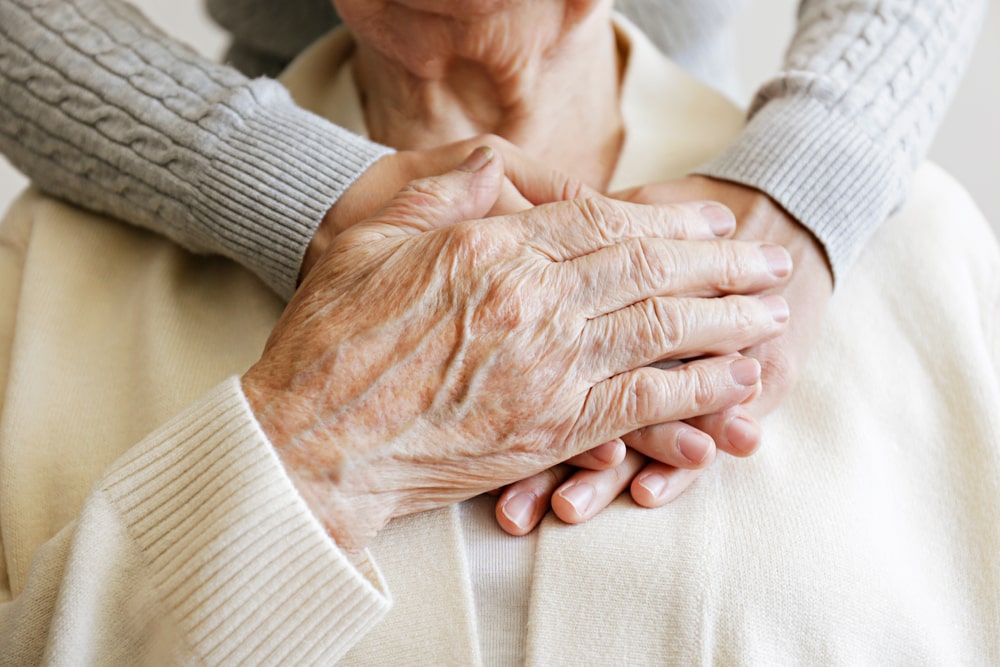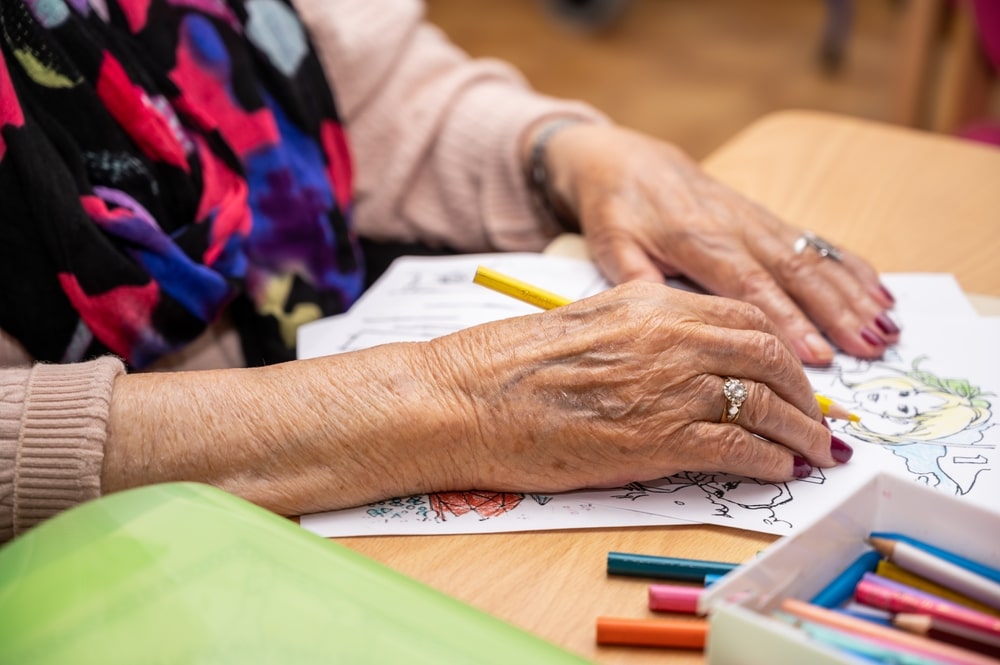Choosing hospice care can be a difficult decision. Often, the conversation is hard and can bring a weight of reality to your situation. Even so, choosing end-of-life care may be the right and best next step for your family. Hospice care can actually lighten your load as a caregiver and make your remaining time as a family more enjoyable and comfortable.
If you’re wondering if it’s time for hospice care, here are 6 signs to consider. But first, let’s start with a basic understanding of the purpose of hospice care and how it can help your sick loved one as well as the rest of your family.
The Purpose of Hospice Care
While the phrase “hospice care” may seem a little scary, it’s important to remember the true mission and purpose of hospice care organizations. Hospice programs are designed to support and guide families. The experienced staff will care for your loved one during their final days and assist your family with caregiving needs. The goal of hospice is to allow a person to die comfortably and with dignity in their home or hospice centers, surrounded by those they love.
6 Signs That it’s Time for Hospice Care
Now, let’s talk about 6 signs that may signal it’s time to consider whether hospice might be the right option for your family.
1. Rapidly declining overall health
Perhaps the biggest sign that it’s time to consider hospice care is when there is a significant decline in health. Frequent trips to the hospital or reoccurring infections can quickly lead to a lower quality of life. Even less severe trends such as increased sleeping, mental confusion, and falls can be causes for concern.
Another clear sign that end-of-life care may be needed is if the individual is experiencing constant pain or shortness of breath. Hospice nurses are equipped to care for these types of health issues and can offer relief from pain or discomfort.
2. Given six months to live by a doctor
When a loved one receives a terminal diagnosis, end-of-life care is usually the next conversation to have. Hospice care organizations offer medical care, comfort, and support to families. If you have financial concerns, Medicare or Medicaid often cover many aspects of end-of-life care, provided the doctor determines that life expectancy is six months or less.
Even if you enroll in hospice care, it’s possible that the terminally ill person could make a full recovery or symptoms may lessen. If this occurs, great! You can always discontinue care or request to receive care for longer than the standard six months after talking with a doctor. If it seems likely that they won’t recover, though, end-of-life care could be the right option for maintaining the best quality of life.
3. Eating and drinking less
Have you ever had an older pet that stopped eating and drinking? Similarly, human beings also have a sense of when the body is letting go. Whether because of disease, diminished mental capacity, or simply old age, loved ones typically tend to eat and drink less when their time gets closer. They also tend to lose weight and experience changes in their body composition during this time. If you see this occurring, it may be time to consider asking hospice care to help.
4. Unable to perform daily tasks
When a loved one is unable to care for themselves, especially if they live alone, it may be time to consider hospice care. Everyday tasks such as eating, getting dressed, walking around, using the restroom, maintaining personal hygiene, and more become very difficult as health deteriorates.
Talk to a doctor to have your loved one’s health assessed, and with approval, you can look into your care options. A hospice care professional can make sure that your loved one has all the assistance needed, while maintaining their dignity and making everyone feel as comfortable as possible.
5. Displaying unusual or abnormal behavior
It can be emotionally distressing to see a loved one go through sickness and enter the final stage of life. Not only do you see the sudden physical changes, you also witness changes in their behavior and actions, such as changes in how they interact with friends and family.
Many loved ones who are in hospice care often make statements and requests that seem out of character. They might also begin to give away their personal belongings on a whim. Another sign to keep in mind is if your loved one is making apologies or saying goodbye. Ideally, a person will already be receiving hospice care by this point, but if not, it’s okay. There is certainly still time to request it.
6. Feeling stressed and overwhelmed as a senior caretaker
Being a caretaker is a serious commitment. While you may want to commit to caring for your loved one, which is admirable, it can be stressful to take on that responsibility and maintain the other parts of your life. Choosing hospice care for your loved one is not a selfish decision, but an act of love. It’s giving them the care they need and deserve, just as they loved and cared for you.
In some ways, deciding to enroll in end-of-life care may feel like you’re giving up or that you’ve stopped caring. That couldn’t be further from the truth. Enrolling in end-of-life care is about making your loved one’s life more comfortable. It’s about doing everything possible to ease their pain and make life better.
What’s Next?
If your loved one is exhibiting any of these signs (or many of them), the first step is to get them an appointment with a doctor. It could be that something else is wrong, and it’s better to catch it early. However, if the doctor does determine that the end of life is near, you can request hospice care assistance.
With the help of a trained end-of-life care professional by your side, you and your family can cherish your loved one’s final days to the fullest and offer each other loving support during a trying time.








